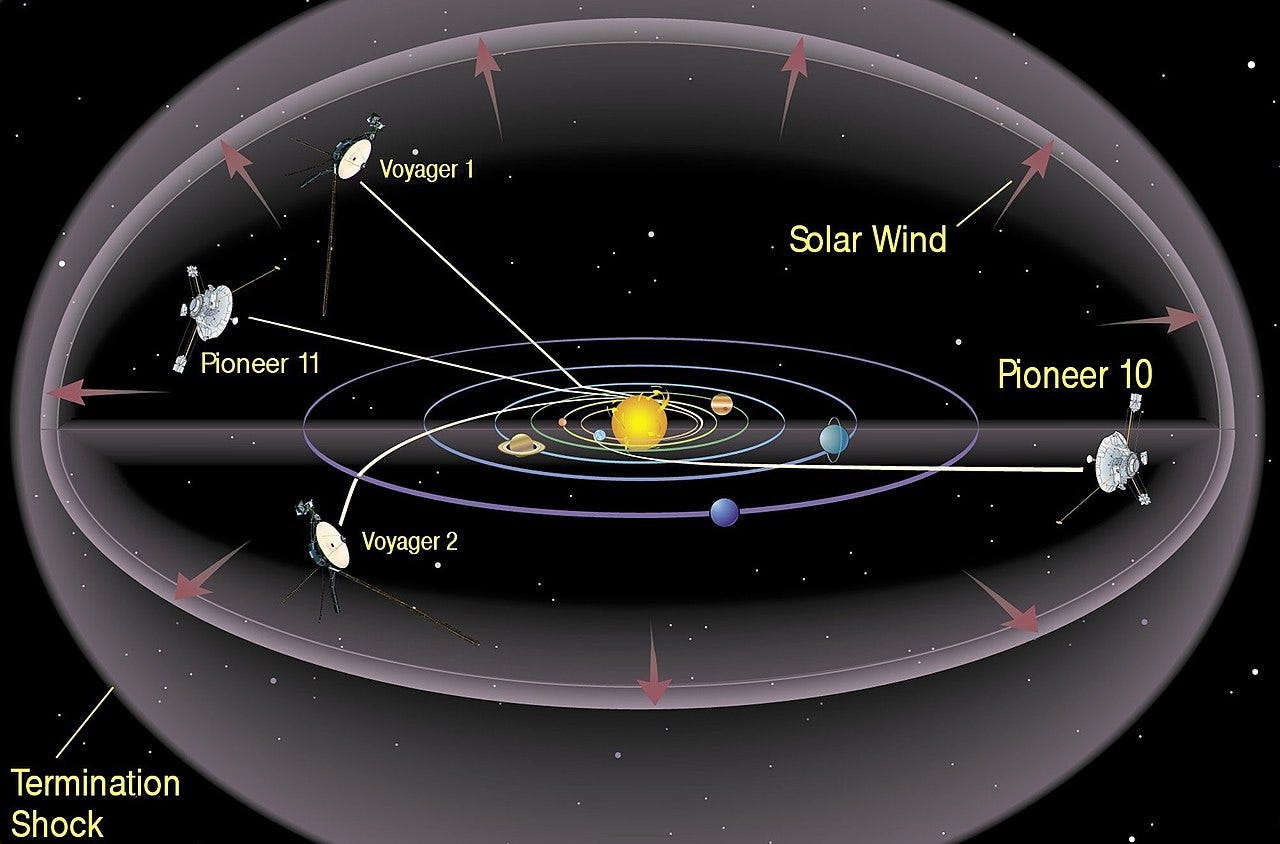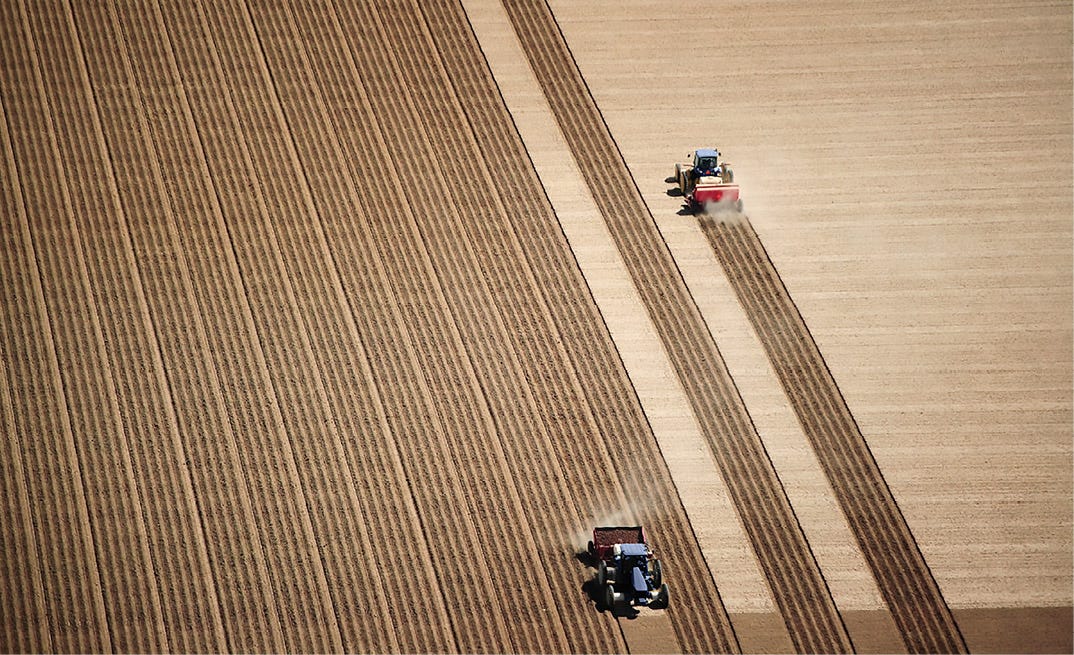A note for readers from India: Now you can purchase the Rocket Deck, Space Deck, Solar Deck, and Aircraft deck on Amazon India at reduced prices.
Back to today’s article!
Imagine this: A rocket lifts off. Everyone claps.
The headlines say, “New mission to Mars begins!”
But somewhere, someone mutters,
“Great… More money burnt just to float around in space.”
Fair point? Maybe. But only if you don’t look beneath the clouds.
Let’s do that today.
Rockets Don’t Just Launch Payloads—They Launch Ideas
When space agencies build missions, they aren’t just looking at stars. They’re solving really hard problems—like how to survive in zero gravity, how to power things without fuel, or how to make sure a robot doesn't crash on Mars.
And guess what?
All that problem-solving leads to cool stuff we use right here on Earth.
Space Tech That’s in Your Home
Ever used a cordless drill? That came from space.
Had LASIK eye surgery? Yep, space tech helped make it possible.

Worried about a hurricane hitting your city? Thank satellites and NASA weather models.
Here’s a quick list of space spin-offs:
Camera phones – NASA improved image sensors to fit inside small spacecrafts. Now they fit in your pocket.
Memory foam – Designed to protect astronauts from impacts.
Water purifiers – Originally made for the ISS, now used in rural areas and disaster zones.
Fire-resistant suits – Used by firefighters, developed for space missions.
Insulin pumps – Miniaturized tech from satellites.
Scratch-resistant lenses – First made for space helmet visors.
Freeze-dried food – Made to feed astronauts, now used in trekking, military, and emergencies.
Better farming tech – NASA satellites help farmers plan crops using soil moisture data.
It’s not just gadgets. It's solutions.
The Voyager Probes and the Hidden Power of Curiosity
Now let’s talk about missions like Voyager 1 and 2. These probes were sent to explore far-out planets—and now they’re literally outside our solar system.
“Cool story,” someone might say. “But what’s the use of that to a farmer in Texas or a school kid in Chennai?”
Here’s the secret: These deep space missions push technology forward in a way nothing else does. To talk to a probe billions of kilometers away, NASA had to build ultra-precise antennas. That led to better telecommunication networks. To send a tiny spacecraft that runs for 40+ years, they developed better power systems and lightweight electronics.
Even AI-based fault detection used in modern manufacturing? It was trialed in early space mission systems. So even if Voyager never brings back “gold,” it already delivered returns—in knowledge, tech, and inspiration.
Space Helps Us Here on Earth, Daily
Let’s count the big wins.
Disaster Management: Satellites predict floods, monitor wildfires, and save lives.
Healthcare: Robotic arms in hospitals were inspired by ones used in space stations.
Clean Energy: Space R&D improves solar panels and battery tech.
Climate Science: Earth-observing satellites help track pollution, rising sea levels, and more.
Internet Access: Starlink and others are bringing connectivity to remote regions.
So, every dollar spent isn’t floating in orbit. It’s working down here, silently improving life.
But Isn’t Space Too Expensive?
Here’s the crazy part: Space programs get a tiny slice of government budgets.
NASA? Less than 0.5% of the US federal budget. ISRO? Way below 1% of India’s.
And from that small slice, we get:
New industries
Job creation
High-tech training
School programs
Global collaborations
And decades of innovation
If a $1 chocolate gave you $100 worth of benefits, would you still call it expensive?
Space Is Not a Luxury. It’s a Ladder.
Think of space missions like a high-altitude ladder.
Every rung we climb—every satellite, rover, or telescope—lets us see further, solve harder, and stretch imagination.
And while not every mission gives instant results, it stretches human limits.
Without that mindset, we’d still be riding horses.
The Real Win? Inspiration.
You know what’s the best thing space missions give us? Not GPS. Not memory foam. Not satellite TV.
It’s millions of curious kids who suddenly fall in love with science.
A rocket launches, and boom—some kid somewhere says, “I want to build that.”
Space inspires. It pulls kids into physics, math, coding, engineering— because the sky isn’t the limit anymore.
So next time someone says “space is a waste,”just ask them:
“Would you give up GPS? Or weather forecasts? Or kids dreaming big?”
Because space isn’t just about going up. It’s about lifting all of us forward.






